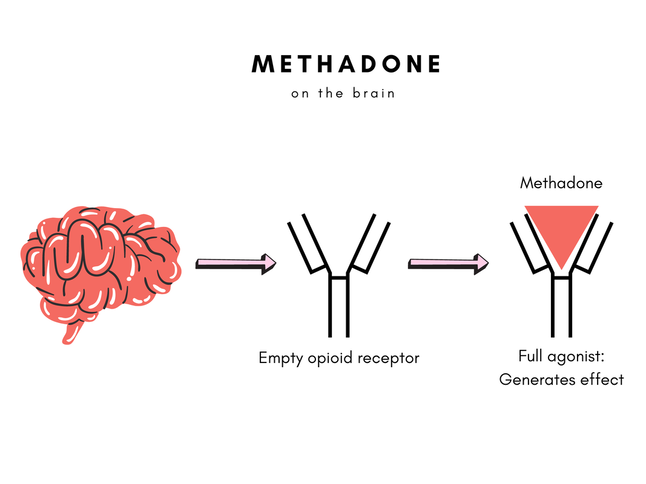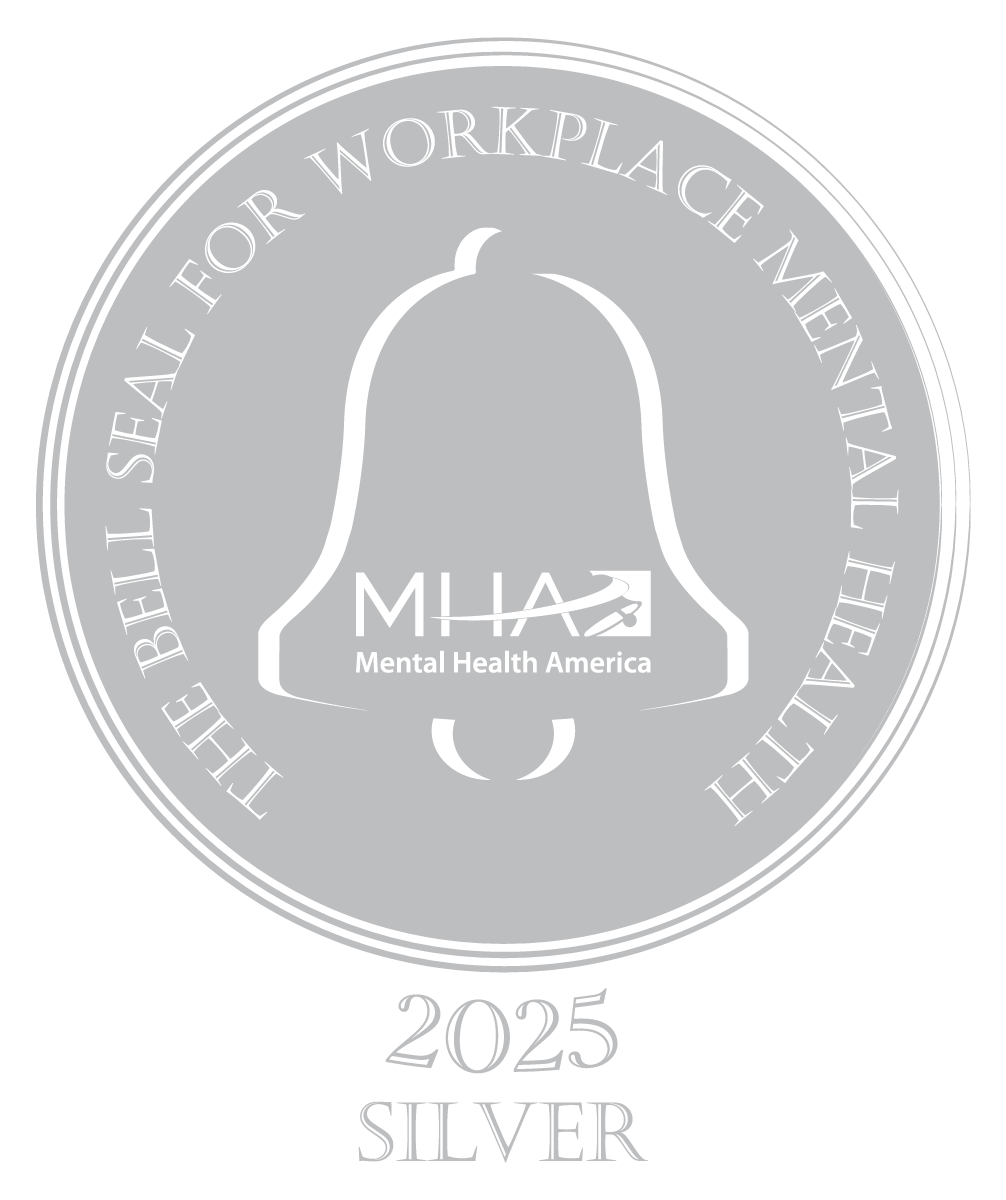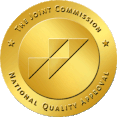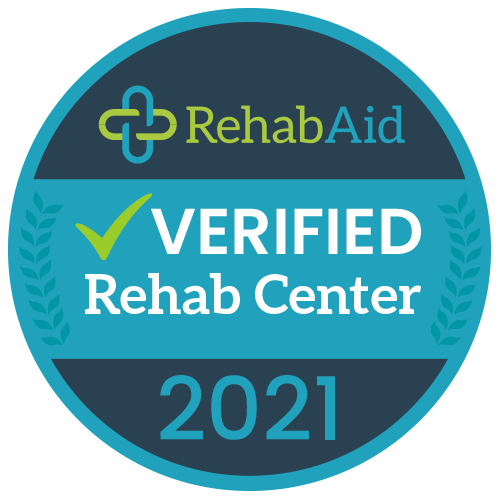Schedule your appointment today
Where Possibilities Begin: Healing Together One Step at a Time
What is Methadone?
Methadone is a long-acting potent opioid that when administered daily blocks the withdrawal symptoms and cravings of the commonly abused short acting opioids such as fentanyl, oxycodone, and heroin among others. Because Methadone is long-acting it avoids the usual "high" of opioids. Methadone is administered under strict medical supervision and monitoring.
Methadone is a long-acting potent opioid that when administered daily blocks the withdrawal symptoms and cravings of the commonly abused short acting opioids such as fentanyl, oxycodone, and heroin among others. Because Methadone is long-acting it avoids the usual "high" of opioids. Methadone is administered under strict medical supervision and monitoring.
How is Methadone used?
At New Hope Behavioral Health Center, Inc. we provide a supportive and positive environment through counseling and behavioral therapy. An initial intake by a medical provider is performed to determine the starting dose of between 10mg and 30mg. Individual assessment of patients with high dose opioid use will be assessed for a higher starting dose up to 40mg. Methadone will be administered six days a week in the clinic with a take home on Sunday to start. The dose can increase at specified intervals until withdrawal symptoms and cravings are controlled. As the patient becomes stable on the dose, shows compliance of non-use through drug screens and attends regularly, attendance may be reduced by receiving take homes for 2 to 3 days at a time up to two weeks at a time.
At New Hope Behavioral Health Center, Inc. we provide a supportive and positive environment through counseling and behavioral therapy. An initial intake by a medical provider is performed to determine the starting dose of between 10mg and 30mg. Individual assessment of patients with high dose opioid use will be assessed for a higher starting dose up to 40mg. Methadone will be administered six days a week in the clinic with a take home on Sunday to start. The dose can increase at specified intervals until withdrawal symptoms and cravings are controlled. As the patient becomes stable on the dose, shows compliance of non-use through drug screens and attends regularly, attendance may be reduced by receiving take homes for 2 to 3 days at a time up to two weeks at a time.
Who is a candidate for Methadone?
An individual who has become addicted at least one year before treatment, the one year requirement is waived if the patient is pregnant or has been previously treated two years after discharge. The patient must also have the usual signs of addiction such as requiring increased amounts, withdrawal symptoms and the usual detrimental effects on one's mental condition, social interaction, and physical health.
An individual who has become addicted at least one year before treatment, the one year requirement is waived if the patient is pregnant or has been previously treated two years after discharge. The patient must also have the usual signs of addiction such as requiring increased amounts, withdrawal symptoms and the usual detrimental effects on one's mental condition, social interaction, and physical health.
Can I use Methadone while pregnant?
Methadone has long been the standard of treatment for pregnant patients for opioid use disorder. Better outcomes for mother and baby are well documented when the mother is in a methadone treatment program. The baby may still require treatment for Neonatal Abstinence Syndrome (NAS).
Methadone has long been the standard of treatment for pregnant patients for opioid use disorder. Better outcomes for mother and baby are well documented when the mother is in a methadone treatment program. The baby may still require treatment for Neonatal Abstinence Syndrome (NAS).
Methadone
is only one part of Recovery
While medication for opioid use disorder is a great option for helping patients treat addiction, it should not be the only element of your recovery plan. A complete MOUD plan combines a monitored medication regimen with substance use counseling and primary care visits to keep both your mind and your body at the highest level of wellness and stability. Although care is individualized, the mental health component cannot be ignored, and patients often benefit from behavioral health models which include psychotherapy, cognitive behavioral therapy (CBT), or psychiatric evaluation and treatment.
HoursMonday - Friday 4:30am to 2:30pm
Closed Wednesday from 11:30am to 12:30pm Saturday 6:30am to 8:30am Closed Sunday and federal holidays |
Telephone480-981-1022
Toll Free 877-508-9490 |
|
© COPYRIGHT 1988-2025 NEW HOPE BEHAVIORAL HEALTH CENTER, INC. ALL RIGHTS RESERVED





